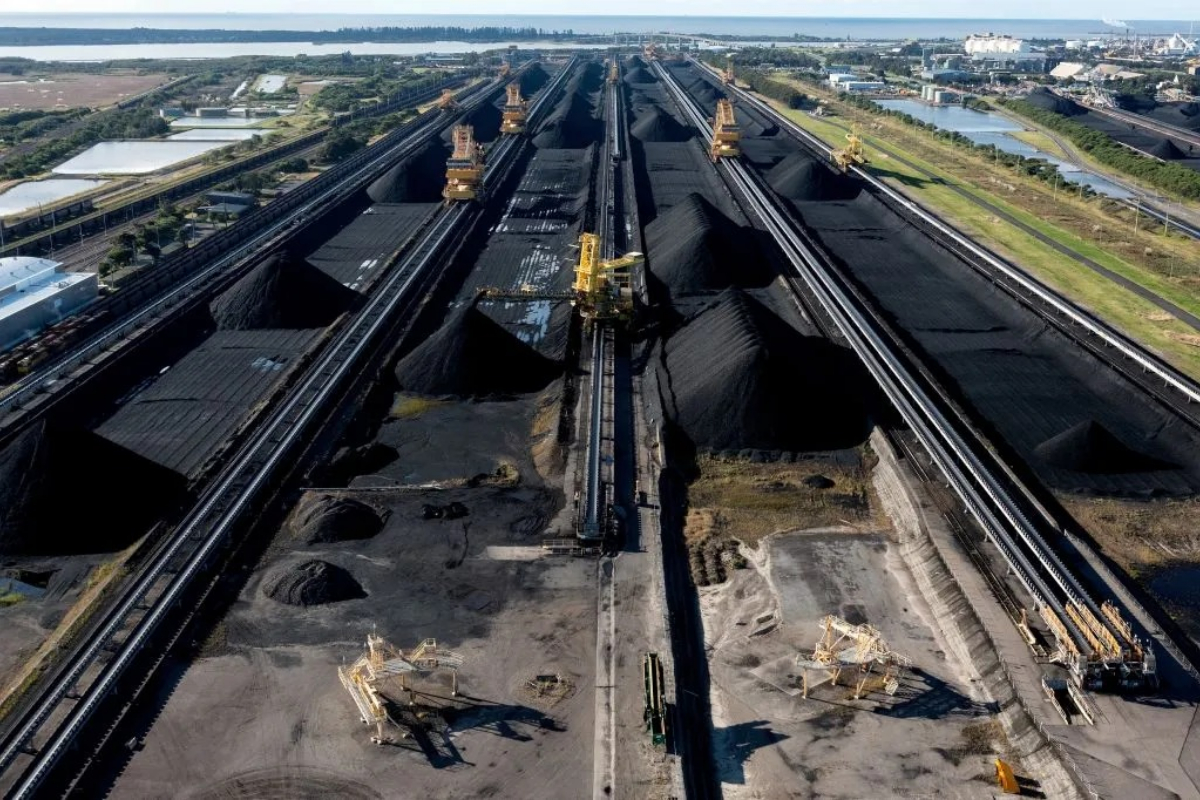- Australia has legislated a climate target for the first time.
- The country is one of the highest emitters per capita in the world.
- Critics claim that the government’s plans to meet the target are vague.
Australia has legislated a climate target, For the first time, with a promise to reduce emissions by at least 43% by 2030 passing through parliament.
The country is one of the highest emitters per capita in the world, and the target brings it in line with other developed countries.
However, critics claim that the government’s plans to meet the target are vague.
Some have called for a higher target as well as a ban on new fossil-fuel projects in the country.
However, Prime Minister Anthony Albanese hailed the new Climate Change Bill as the end of a decade of climate policy inaction.
After accepting minor amendments from independent David Pocock, the Labor government’s climate bill passed the Senate by a vote of 37 to 30.
According to The Guardian, climate change minister Chris Bowen told parliament that “today is a good day for our parliament and our country, and we’re going to need many more of them.”
The former government had enraged allies with its short-term emissions reduction target, which was roughly half of what the UN’s Intergovernmental Panel on Climate Change (IPCC) says is required if the world is to limit warming to 1.5 degrees Celsius.
However, there is widespread support in parliament for greater climate action.
Many independents campaigned on climate change, aiming for a 50% reduction by 2030.
Meanwhile, the Green Party said the bill’s passage was a “small step” toward addressing the climate crisis.
Most also want a moratorium on new coal and gas projects, claiming that the target cannot be met without them.
Canada aims to reduce emissions by 40% by 2030 compared to 2005 levels, while the US aims to reduce emissions by up to 52%.
Australia has recently experienced severe drought, historic bushfires, consecutive years of record-breaking floods, and six mass bleaching events on the Great Barrier Reef.
According to the latest UN IPCC report, the country is speeding toward a future filled with similar disasters.
Natural disasters have also cost Australian households an average of A$1,485 (£870; $1,000) in the last year, according to new research.
The Insurance Council of Australia attributes the rising costs to catastrophic flooding in the country’s east in February and March, according to a report. According to the report, costs will continue to rise in the coming years due to extreme weather.
[embedpost slug=”solomon-islands-prime-minister-manasseh-sogavare-accuses-australia-of-interfering/”]





















